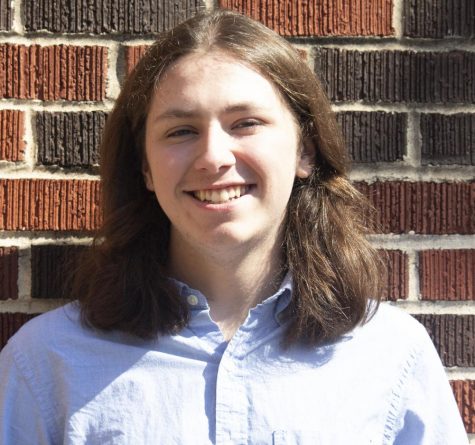Tattle on Twitter
Since the release of the Bulletin Board System (BBS) in 1978, social media has been changing the way that we communicate around the world. The original twitter was an online bulletin board that computer enthusiasts used to post messages to one another using complex programs. While social media does allow us to stay involved in the lives of our “friends”, there is also a darker side to social media.
Rocco Swaney, a freshman at HPHS says that Instagram, the only social media that he uses, allows him to talk to people that he has moved away from, like “Pete Bridgman who lives in Colorado now.” Being able to keep in contact with friends and family is a clear benefit of social media. But, Swaney also said that he is on Instagram for “about an hour and a half to an hour each day,” and while he said that he manages to work it into his schedule, social media does take up a large part of his day.
Besides eating up your free time, social media may also negatively affect your body. Some chiropractic experts have stated that social media can affect posture in a harmful way. Donald Taylor, the director at the Louisville (KY) School of Massage, said in an interview with WDRD “If that’s what you’re doing for several hours a day, it is going to change the way your muscles are growing, it is going to change the way your bones are structured and able to move,”. But physical health is not the only thing social media can affect.
The American Academy of Pediatrics, a leading group on children’s health, warns against what they call “Facebook Depression”. Comparing other people’s lives to our own has been shown to be unhealthy and has been linked to symptoms of depression as. Another issue with social media is that we only see the online presence that the poster wants us to see. Instead of a normal life in the day of Oliver Online, or Oliver doing and posting normal teen things, we are instead treated to a well-manicured if not-so-truthful social media presence that makes Oliver look much cooler online than he is in real life.
A recent ABC News article covered a story about Madison Holleran, a freshman at The University of Pennsylvania who committed suicide just hours after posting selfies of herself in the park. Shortly before her suicide, Madison’s mother commented to her that Madison’s pictures on social media made college look like so much fun. Madison’s reply was that it was “just a picture.” A psychiatrist that ABC News interviewed, Dr. Janet Taylor, said that, “[c]ollege students may find it difficult to say if I’m deleting and only showing my best self, everyone else may be as well.”
While social media does have some obvious benefits, such as staying informed and staying in touch, there are some serious downsides to the technology. So maybe it’s time to take a step back from the screen.

This is my third year on the Bagpipe staff and I was on the middle school staff for a year.
What do you do in your free time / what are your hobbies?
I enjoy reading and walking.
What is your favorite music genre?
Classic Rock
What is your favorite ice cream flavor?
Mint chocolate Chip


